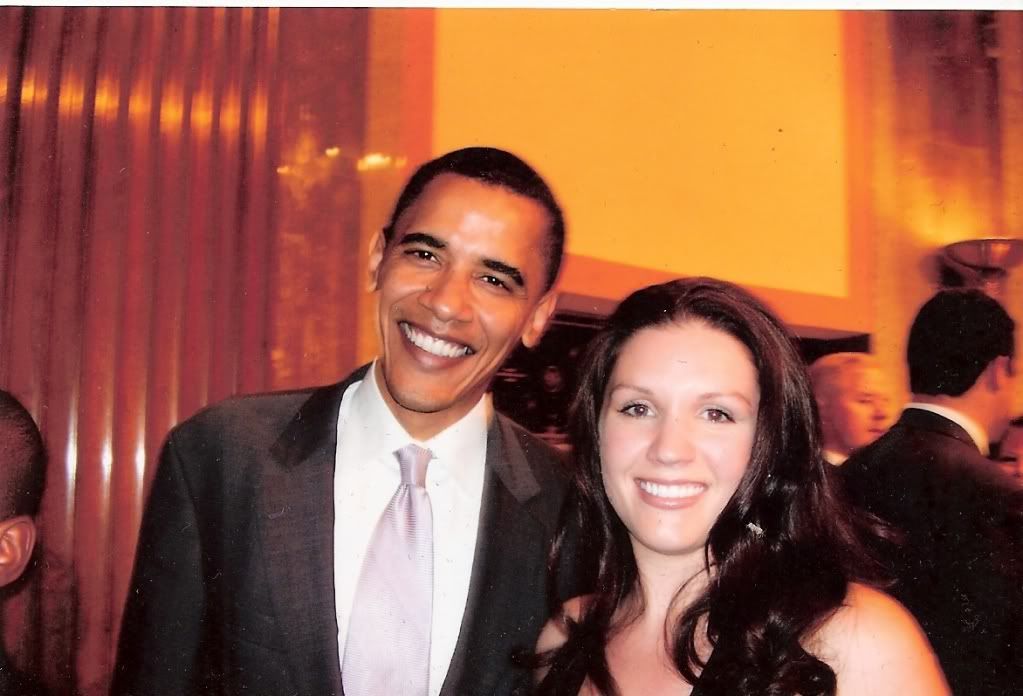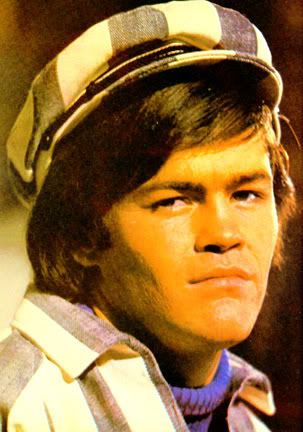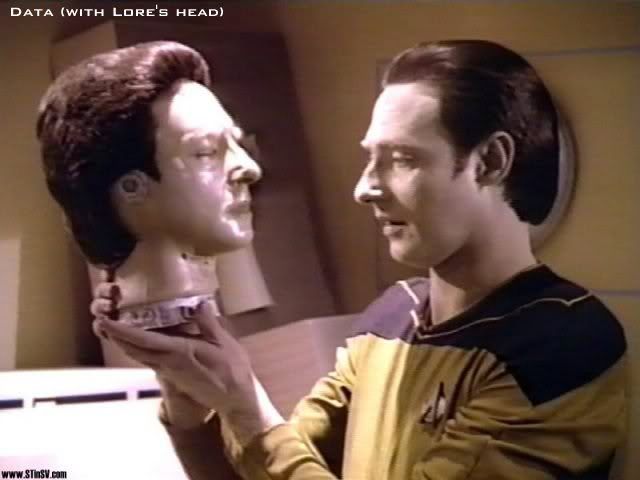"Let's see if this llama can get more fans than Barack Obama."
My glib response: First of all, no, it can't. No one gives a crap about your llama. Your llama isn't offering us change nor is it in the company of a variety of fun characters voiced by Patrick Warburton and Eartha Kitt. There isn't a picture of me and llama sitting on my mantle. Why? Because a llama wasn't the freaking senator of Illinois in 2006.

This was the freaking senator of Illinois in 2006.
Why it actually bugs me: It's the stupidity of it. When you post something like that, you're making the statement that you think a llama is better than the man that more than 50% of your fellow Americans thought capable of doing the job. It's insulting to those people. It's insulting to me. It's insulting to me because I respected the office of president even when it wasn't who I voted for, even when I disagreed with the politics of the man in that office. Did I ever express my disagreements? Heck, yes, I did, but I did so in a way that was productive by writing to my representatives or signing a petition.
"Farah Fawcett was my favorite actress and God took her away. Michael Jackson was my favorite singer and God took him away. I just wanted to tell God that Barack Obama is my favorite president."
My glib response: Choosing Farah Fawcett as your favorite actress indicates to me (and, let's face it, just about everybody) that you do not have the discretionary skills to make an educated vote. Frankly, I'm not sure that you should be allowed to choose a cat toy much less the leader of the free world. Really, what person saw Cops and Robbersons and thought "Hey, that's acting! I really enjoyed her vulnerability as the single mom of the kid from Free Willy." Choosing Farah Fawcett as your favorite actress is like choosing Mickey Dolenz as your favorite Beatle.
How I End This: I don't care what your actual politics are. I don't actually consider myself Democrat or Republican. In the near 12 years I've been eligible to vote, I've voted for both sides in one way or another. I can't help but remember being inspired when I heard John McCain speak at my college in 2000. I also remember 2008 when he retracted much of his old self. It was like I was Paul Pfeiffer and Kevin had broken my glasses to get more popular with the cool kids. No amount of Daniel Stern's mellow voice acting would make things the same again. I fear that will be a trend as I grow older and more experienced.
Truthfully, I don't care what your politics are as long as you know why they are your politics.
I was saying the same things to my friends back in 2000 and 2004 when folks were venomous towards Dubya. It's not about whether or not I am in your particular political boat. It's that this kind of ignorant fluff on Facebook is a telling statement about how healthy our minds are politically. I'm not seeing fan groups that say things like "Americans for Veterans' Hospitals that Are Better Equipped for our Female Soldiers" or "People against (specific point or bill)". I'm not saying those group don't exist. I'm saying that too many people would rather make a glib comment than state their actual opinion and that's probably because they don't know what their actual opinions are. That's truly terrifying to me.
Lots of love,
Stacie Rearden Hall
"Farah Fawcett was my favorite actress and God took her away. Michael Jackson was my favorite singer and God took him away. I just wanted to tell God that Barack Obama is my favorite president."
My glib response: Choosing Farah Fawcett as your favorite actress indicates to me (and, let's face it, just about everybody) that you do not have the discretionary skills to make an educated vote. Frankly, I'm not sure that you should be allowed to choose a cat toy much less the leader of the free world. Really, what person saw Cops and Robbersons and thought "Hey, that's acting! I really enjoyed her vulnerability as the single mom of the kid from Free Willy." Choosing Farah Fawcett as your favorite actress is like choosing Mickey Dolenz as your favorite Beatle.
Your favorite Beatle.
What actually bugs me: You know what you're saying, right, when you post something like that. You're saying that you wish death on someone. It's not a statement about your politics; it's a statement about your morals. You just said that you wish the president was dead. That is in every way unacceptable to me.How I End This: I don't care what your actual politics are. I don't actually consider myself Democrat or Republican. In the near 12 years I've been eligible to vote, I've voted for both sides in one way or another. I can't help but remember being inspired when I heard John McCain speak at my college in 2000. I also remember 2008 when he retracted much of his old self. It was like I was Paul Pfeiffer and Kevin had broken my glasses to get more popular with the cool kids. No amount of Daniel Stern's mellow voice acting would make things the same again. I fear that will be a trend as I grow older and more experienced.
Truthfully, I don't care what your politics are as long as you know why they are your politics.
I was saying the same things to my friends back in 2000 and 2004 when folks were venomous towards Dubya. It's not about whether or not I am in your particular political boat. It's that this kind of ignorant fluff on Facebook is a telling statement about how healthy our minds are politically. I'm not seeing fan groups that say things like "Americans for Veterans' Hospitals that Are Better Equipped for our Female Soldiers" or "People against (specific point or bill)". I'm not saying those group don't exist. I'm saying that too many people would rather make a glib comment than state their actual opinion and that's probably because they don't know what their actual opinions are. That's truly terrifying to me.
Lots of love,
Stacie Rearden Hall

